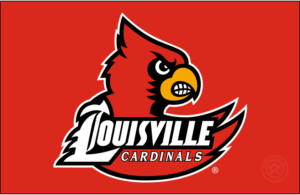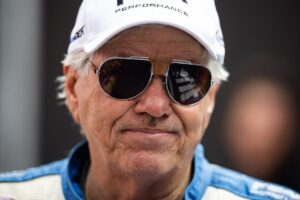The BBC is preparing to set new rules that will govern what its biggest stars can post on social media following the fallout following Gary Lineker’s tweet earlier this year.
Sources inside the BBC said the results of an independent review led by former ITN CEO John Hardie could be announced as early as Thursday. The BBC declined to comment on the timing of the announcement but did not deny its imminent nature.
It is unclear whether the BBC will fully publish Hardie’s findings alongside changes to its social media guidelines. The last time the BBC ordered a social media review in 2020, it did not make public the findings of Richard Sambrook, the former chief executive of BBC News. Hardie has been recruited to clarify how the BBC’s social media rules apply to independent presenters, as the broadcaster strives to meet strict standards of impartiality. BBC stars who are not staff include Match of the Day presenter Lineker and The Apprentice UK star Lord Sugar.
BBC insiders say the corporation could introduce new restrictions on what stars can comment on, potentially banning them from commenting on sensitive, current or controversial topics on platforms like X, formerly known as Twitter.
The Times of London reported last month that Hardie had proposed a “three-tier” system. BBC News staff will have to follow the strictest social media rules, while stars of non-news programs will have looser guidelines. A third level will be introduced for presenters of “crown jewel” programs associated with the BBC brand, who will face tougher requirements.
Sources told Deadline that Hardie consulted with stars such as Lineker during the review process and that the BBC is trying to determine whether stand-up presenters are complying with the new regulations or not.
The BBC said in March that the confusion caused by the “grey area” in current social media rules had arisen from the Lineker crisis. The former footballer was suspended after comparing Britain’s immigration policy to the rhetoric implemented in Germany in the 1930s. Lineker’s suspension was quickly rescinded after close colleagues His team actually went on strike to protest their treatment, forcing television stations to stop broadcasting.
Deadline revealed in June that BBC director general Tim Davie was in contact with a senior government official on the day he suspended Lineker, raising questions about whether he was under pressure to punish the presenter for violate objective rules or not. Documents show Davie had conversations with Polly Payne, director general of the Department for Digital, Culture, Media and Sport.








